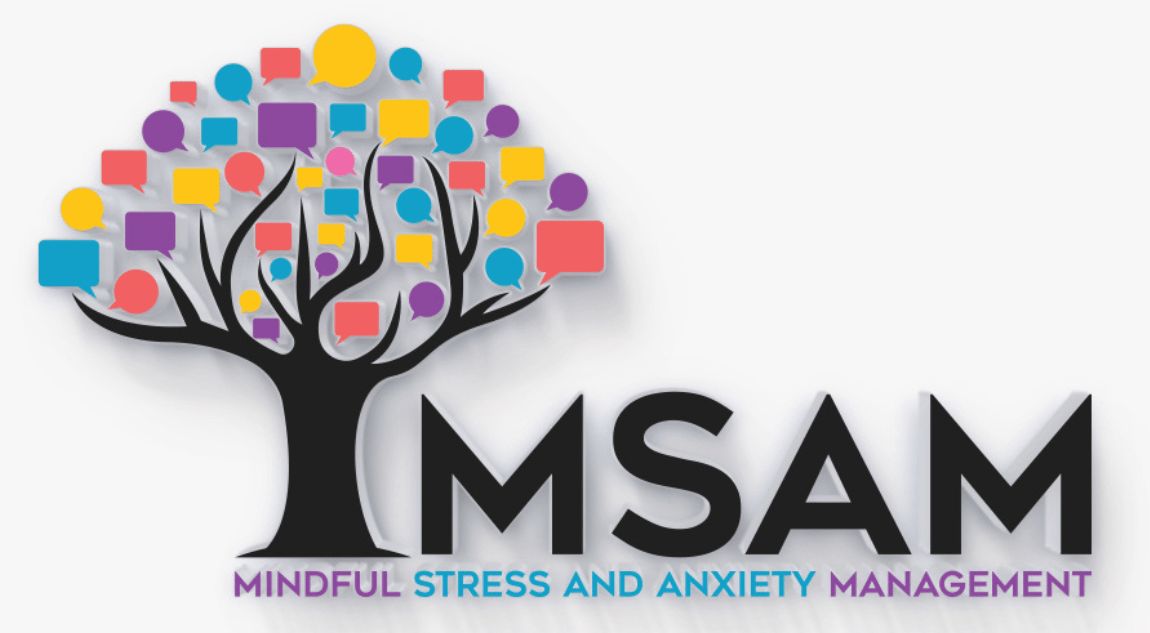Treatment for Trichotillomania (Hair-Pulling Anxiety)
Trichotillomania, or hair-pulling anxiety disorder, involves the recurrent pulling-out of your own hair. This hair-pulling may occur on any area of the body where hair grows, and the locations may change over time. Generally, the common places to pull hair include the scalp, eyebrows, eyelashes. Less commonly, hair may be pulled from the face, pubic area, and near the rectum.
Hair-pulling events, behaviors, and consequences
Episodes of pulling tend to occur throughout the day in short bursts, or (less commonly) over longer periods that may last for hours at a time. The pulling may come episodically, or may be sustained for years. The pulling leads to hair loss, though the loss may concealed or disguised using wigs, scarves, hats, makeup, etc.
These episodes are commonly accompanied with ritualistic behaviors. A trichotillomania sufferer may search for a particular kind of hair (e.g. thick, thin, rough, smooth, rooted or not rooted). Individuals may pull in a particular manners—for instance, they may choose to strip, split, or play with the hair. They may pull the hair through their teeth, bite the hair into pieces, or swallow the hair.
Often, the person pulling their hair experiences a sense of shame, loss of control, or a wide range of other negative emotions directed toward themselves. Trichotillomania sufferer have often made significant efforts to stop their hair-pulling, without consistent success. The issue, left unaddressed, often results some form of mild to severe impairment in social, occupational, academic, and/or leisure activities. The distress often ends in avoidance (to some degree) of work, school, and social events.
Triggers: anxiety, stress, boredom
Anxiety, stress, or boredom may trigger episodes of hair-pulling. Furthermore, anxiety may increase prior to pulling, or while resisting the urge to pull. Anxiety may also follow a pull, though individuals commonly report a sense of relief or gratification after a pull.
A trichotillomania suffers’ conscious awareness of pulling falls on a continuum. Some people will pull their hair automatically and nearly unconsciously, while others will do in total awareness. Many sufferers report that they experience both extremes at different times.
For some people, the onset of a pull can be triggered by tingling or an itch-like sensation. However, people do not generally report pulling as painful. Often, people who have trichotillomania experience one or more other body-focused repetitive behaviors (BRFBs), such as skin picking, nail-biting, and lip chewing.
Consult an expert
Contact Harold Kirby at 610-517-3127 to schedule a consultation or appointment to discuss treatment for trichotillomania. Harold provides telehealth treatment for clients in Philadelphia and the surrounding areas of Pennsylvania and New Jersey (Main Line, Montgomery County, Camden, Cherry Hill), as well as in the South Carolina Lowcountry (Hilton Head, Bluffton, Beaufort, Colleston County, Dorchester County, Berkeley County, Charleston).
